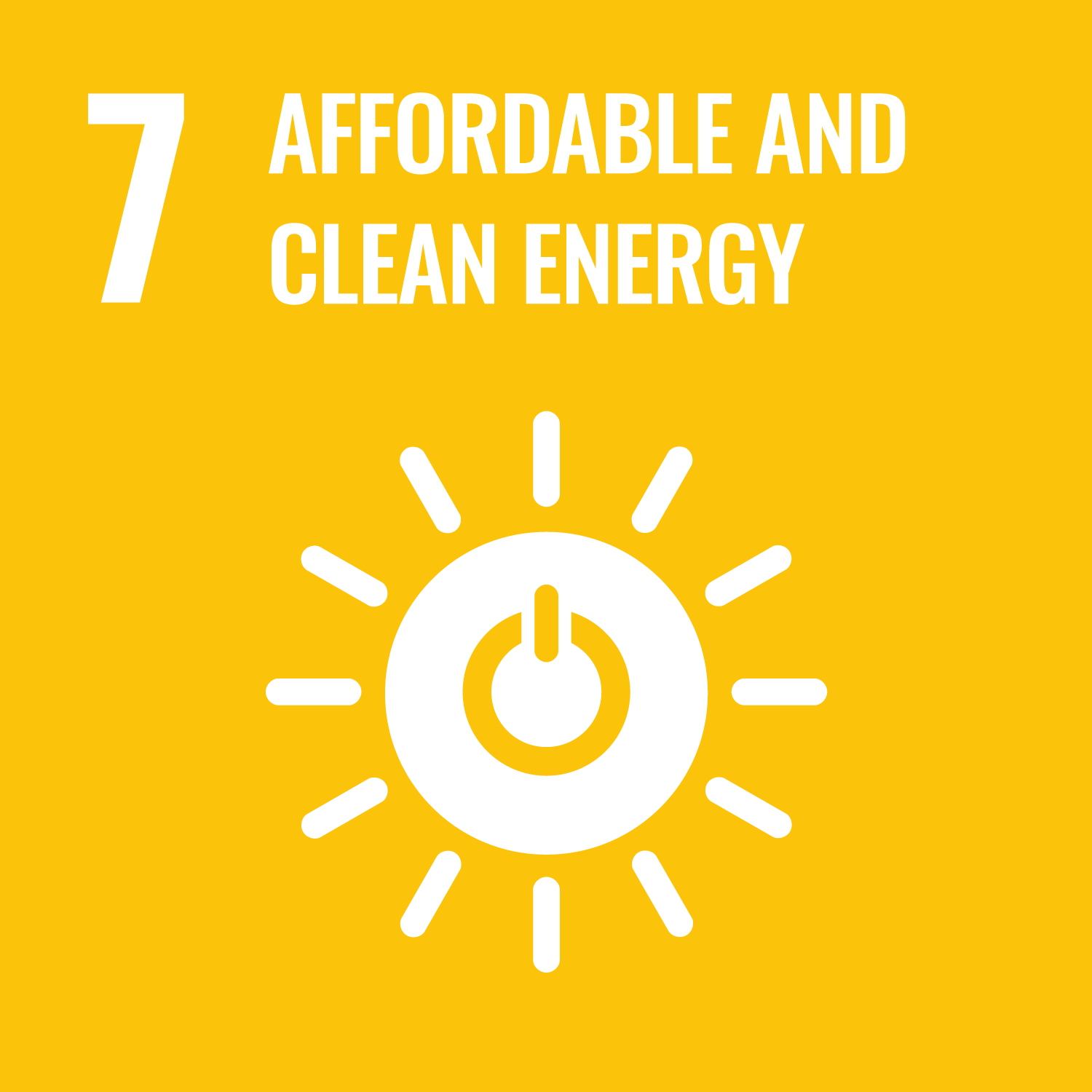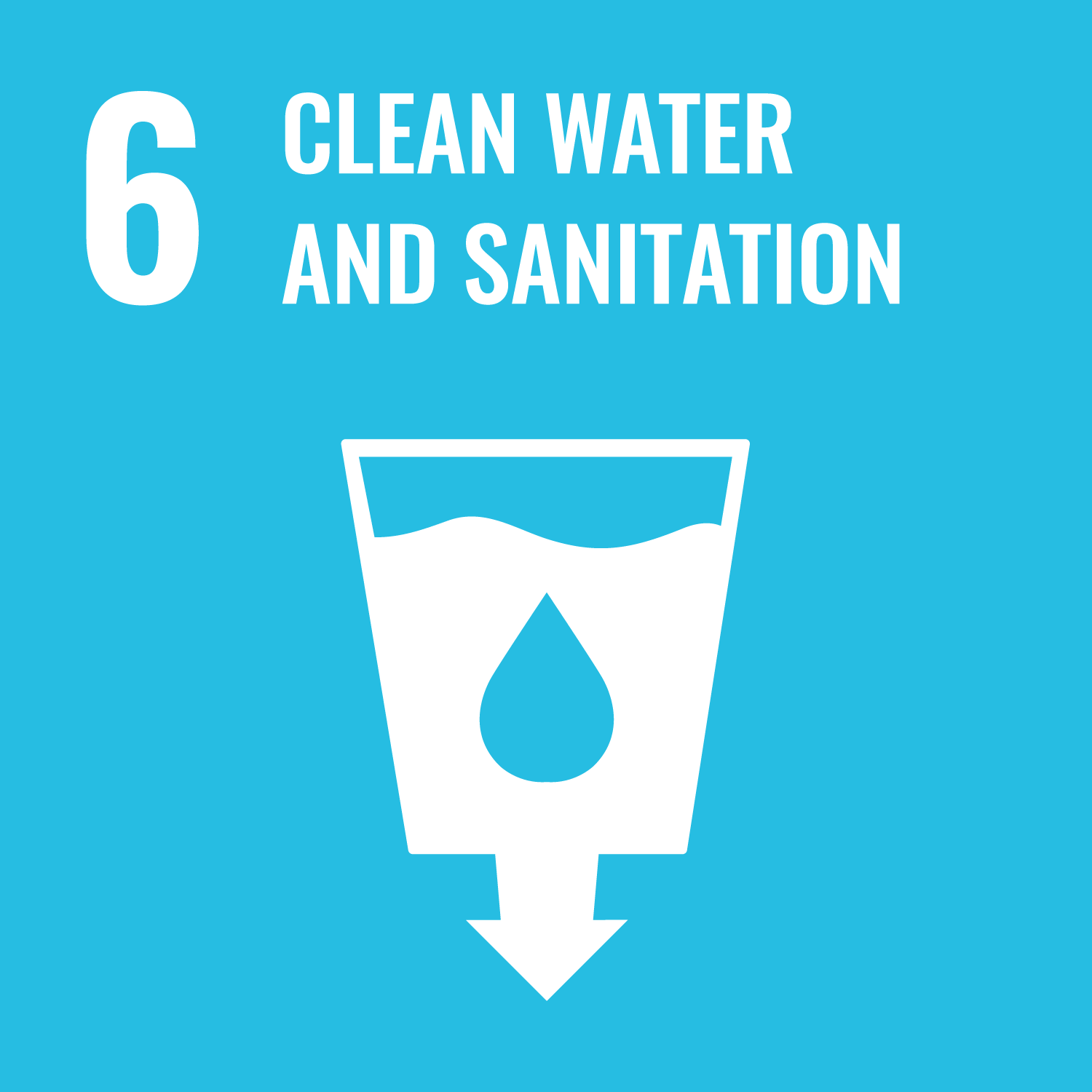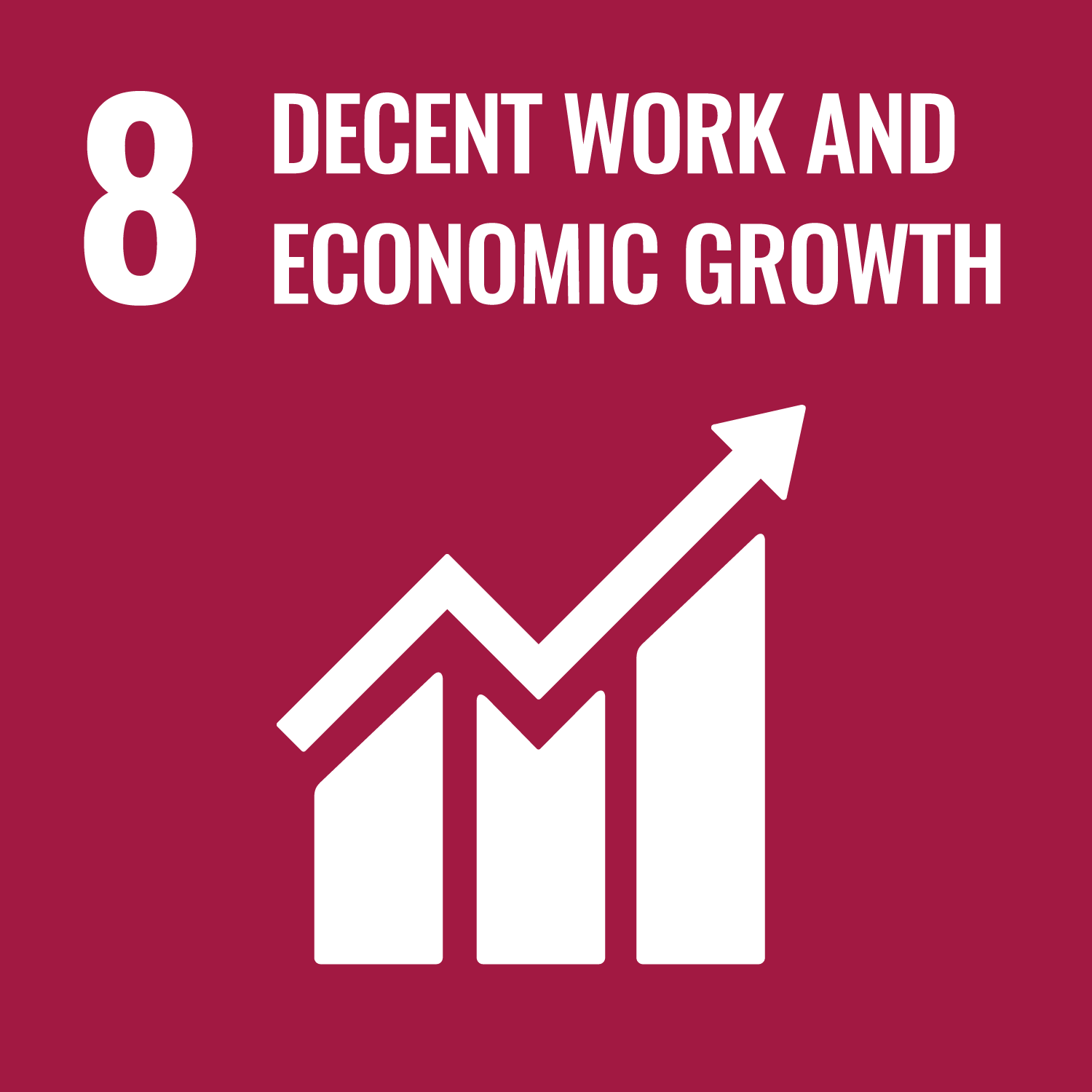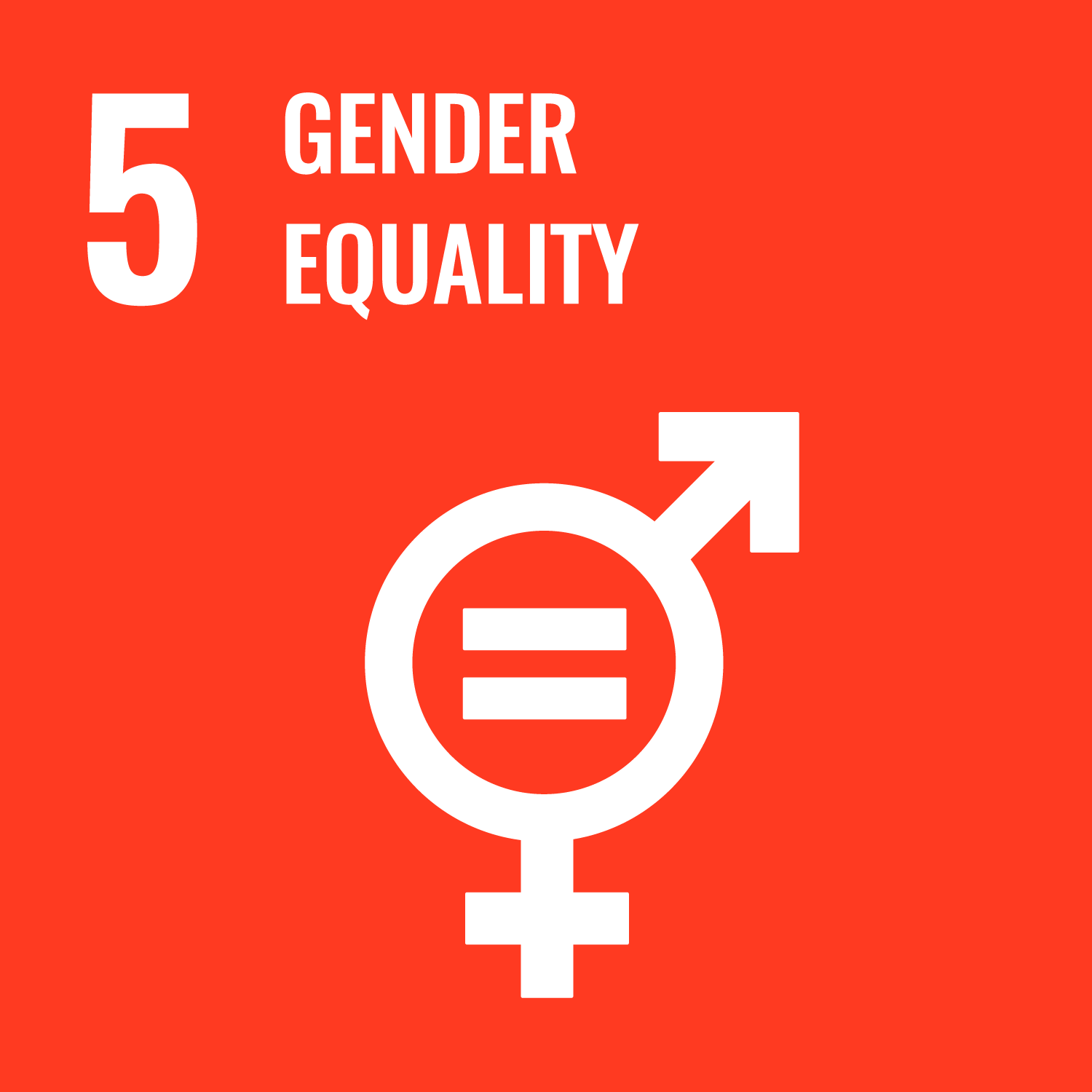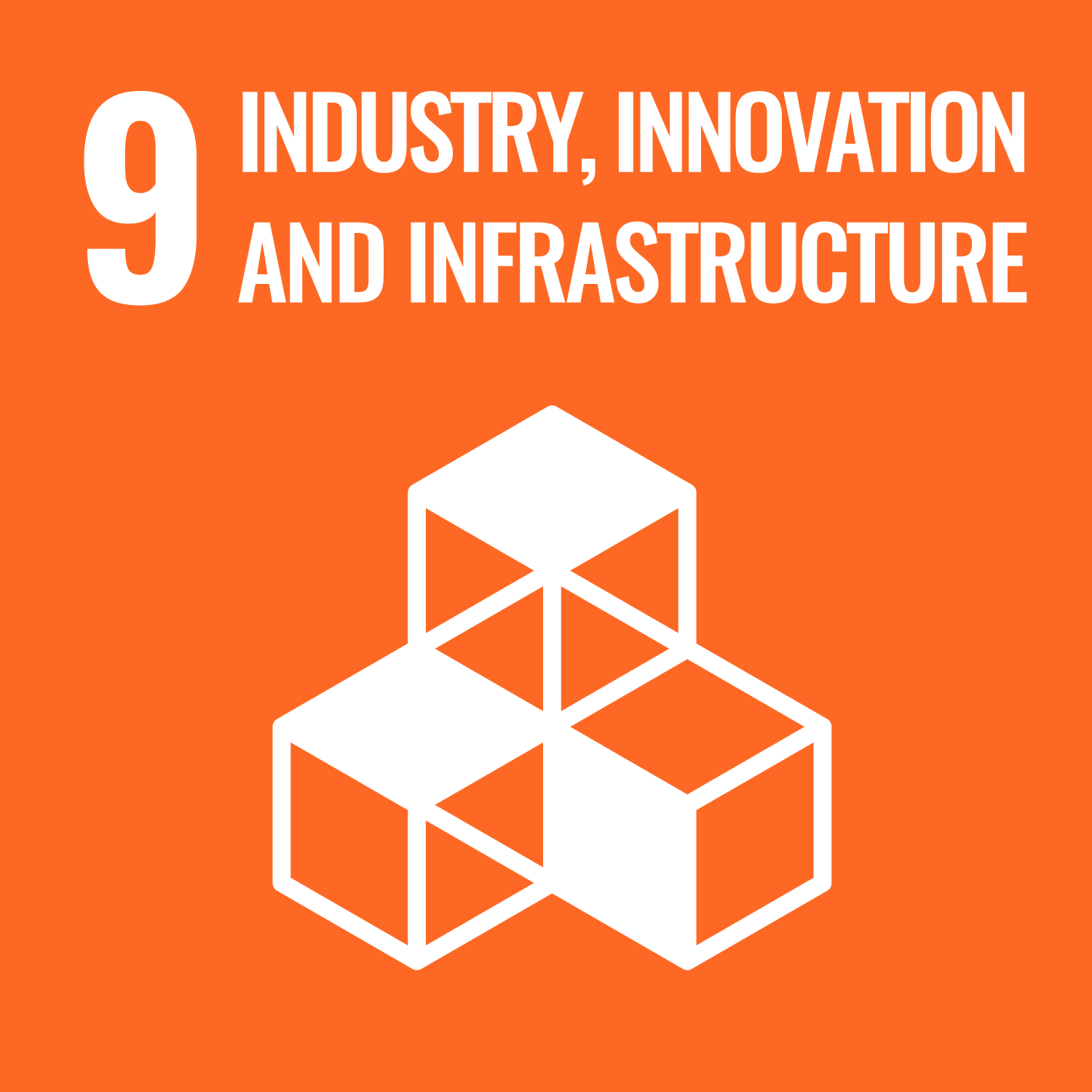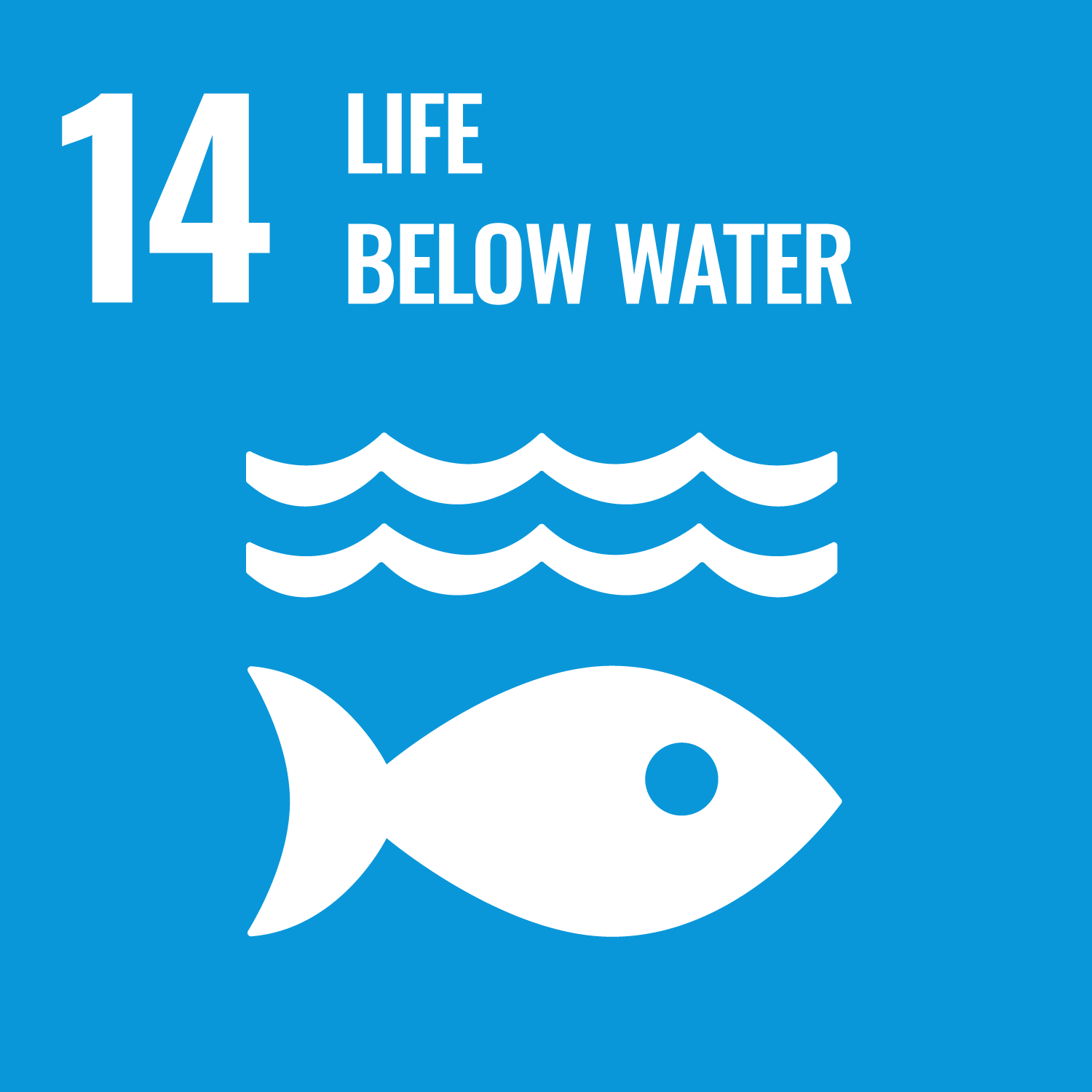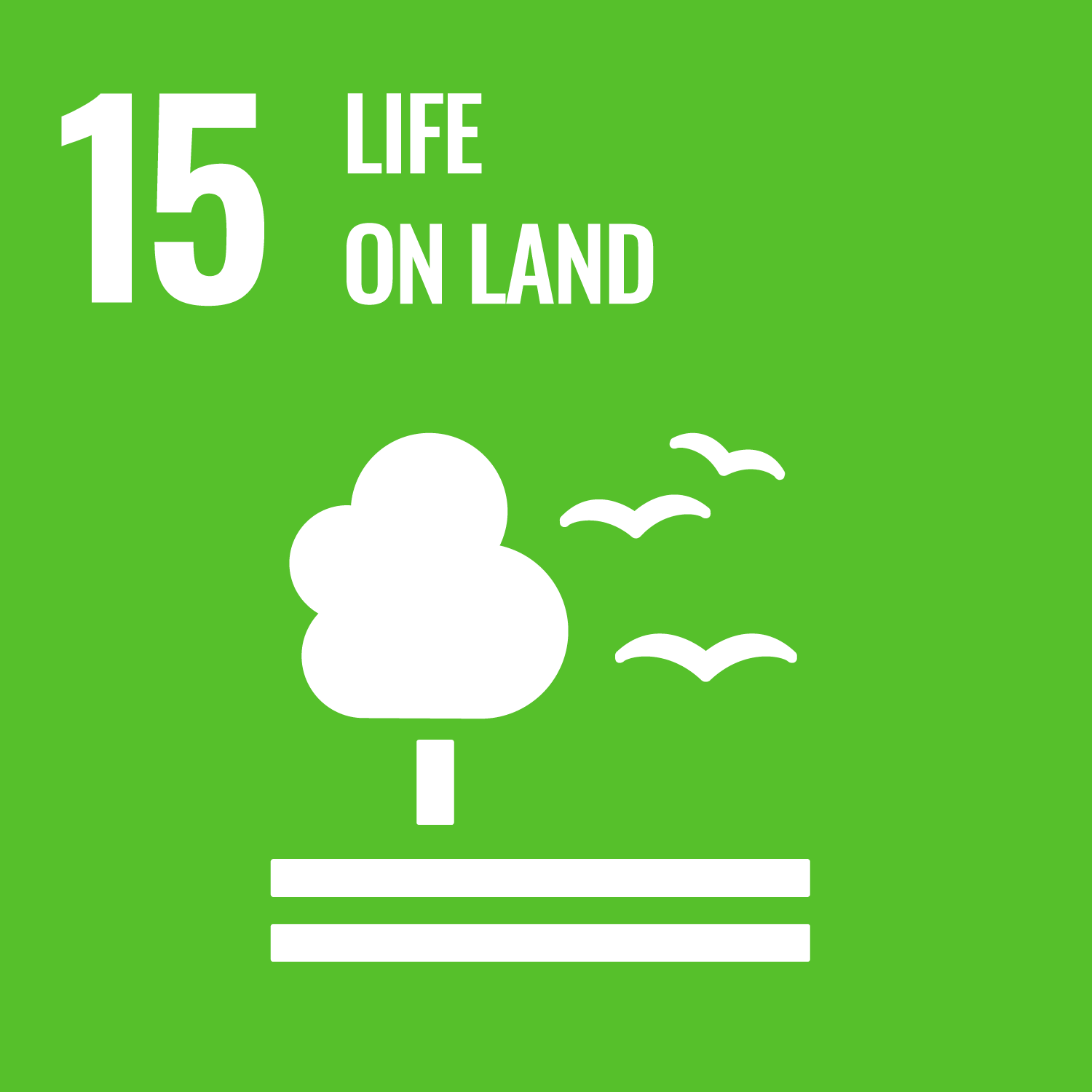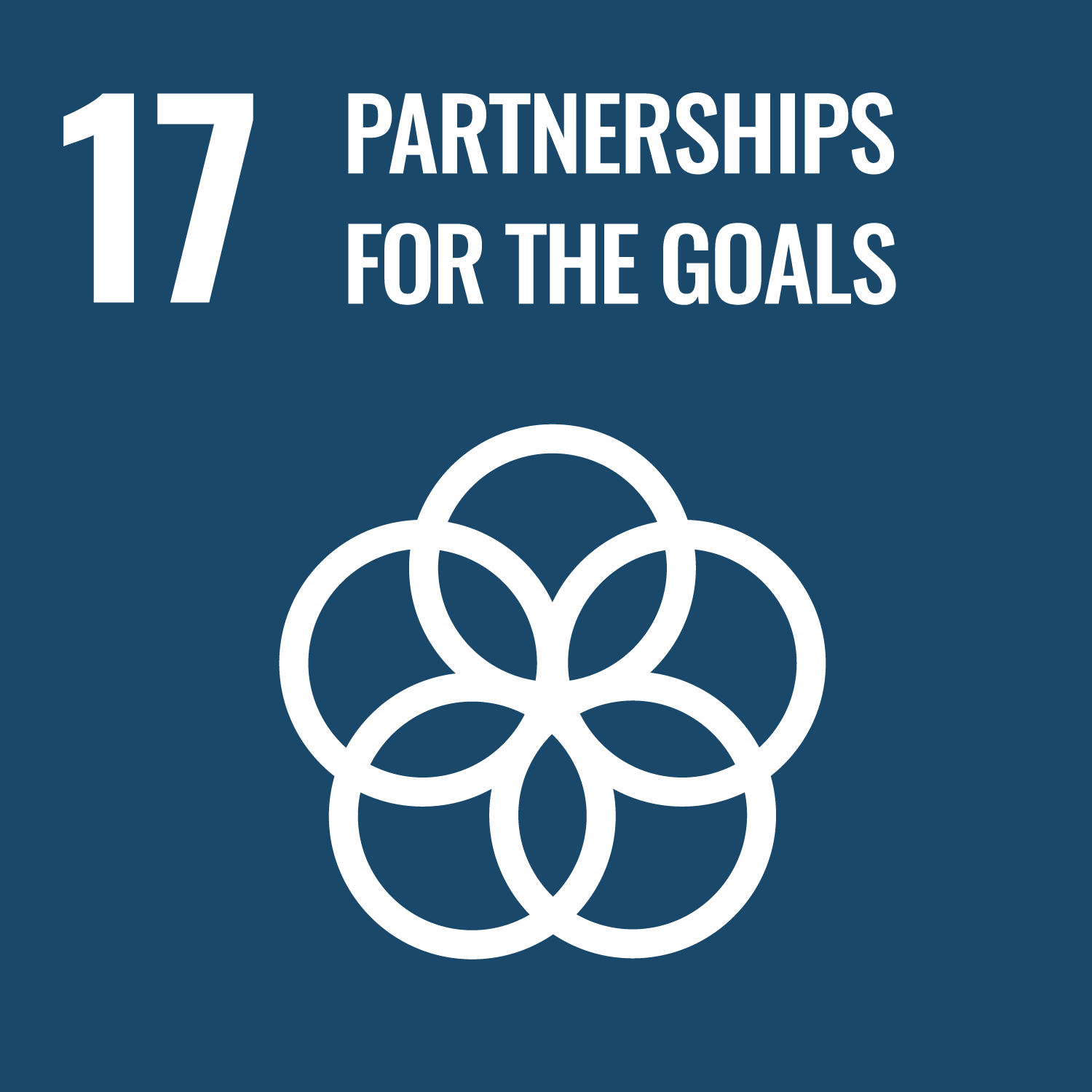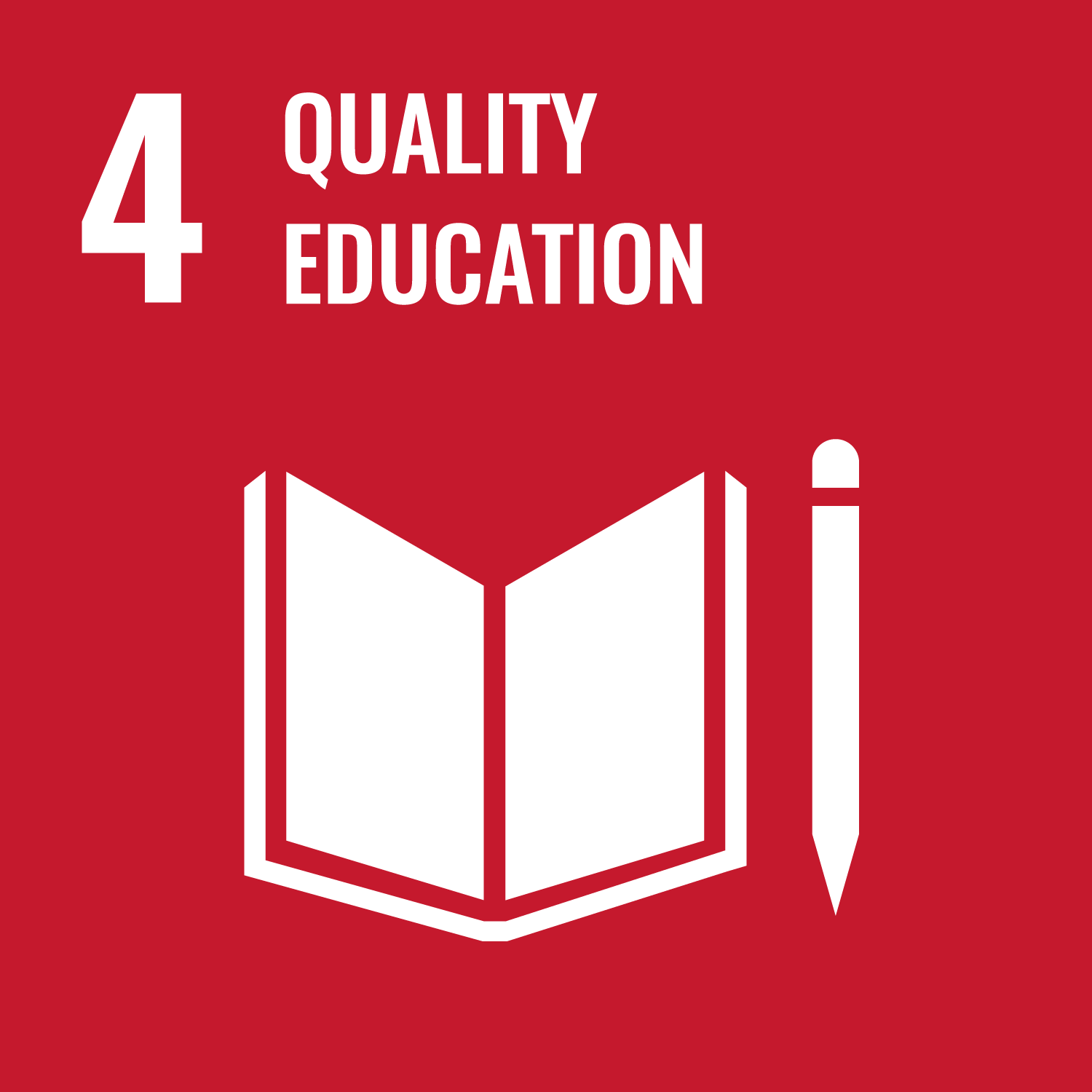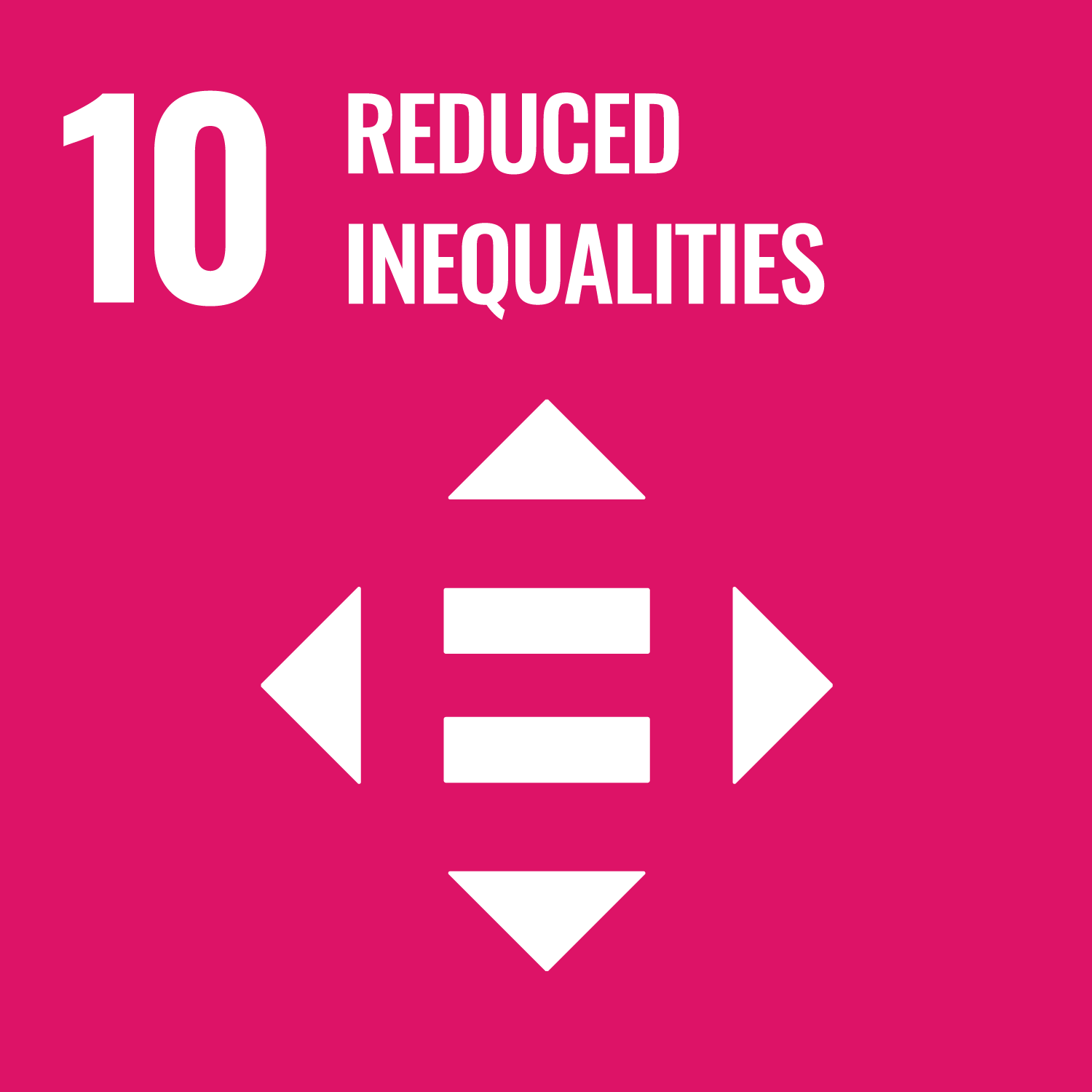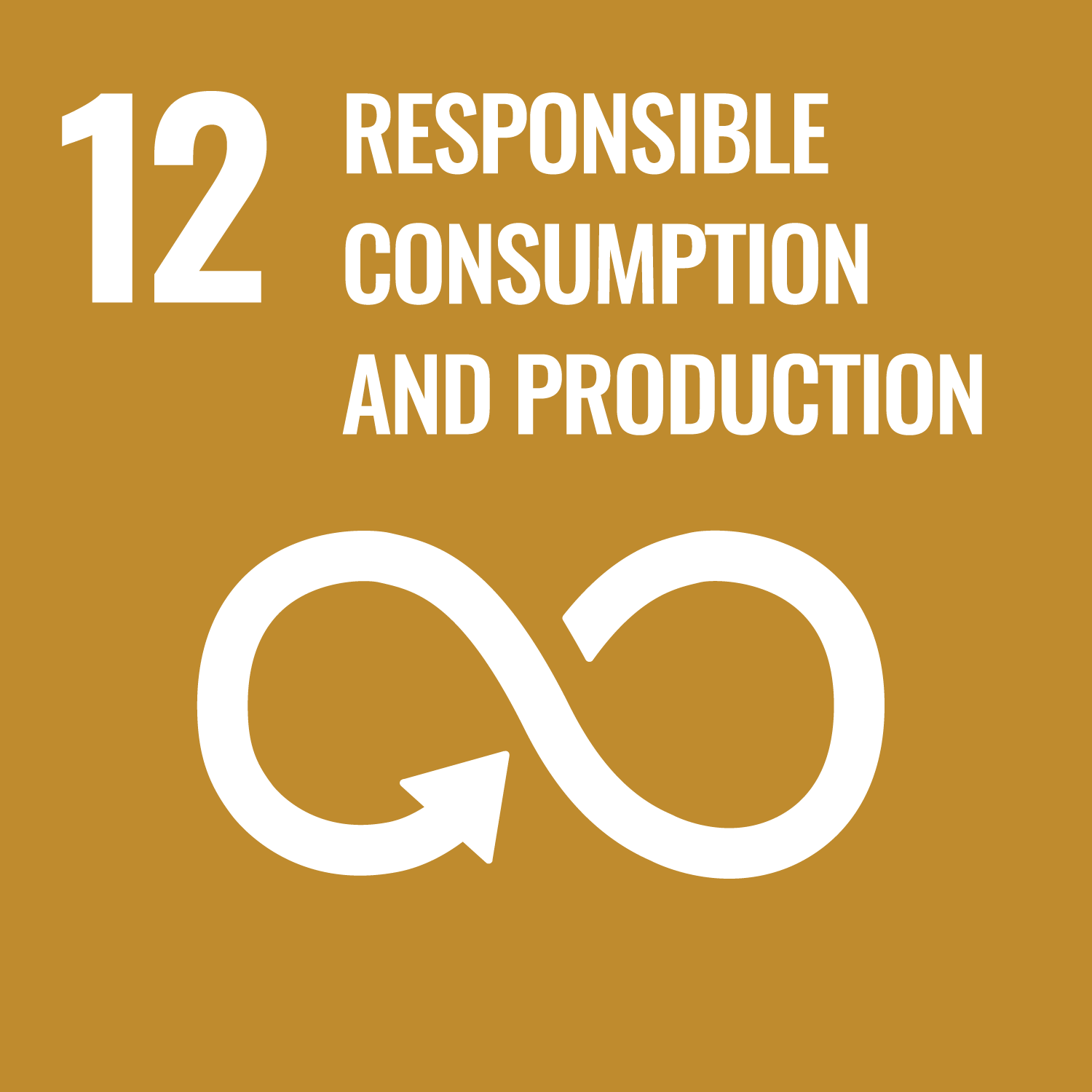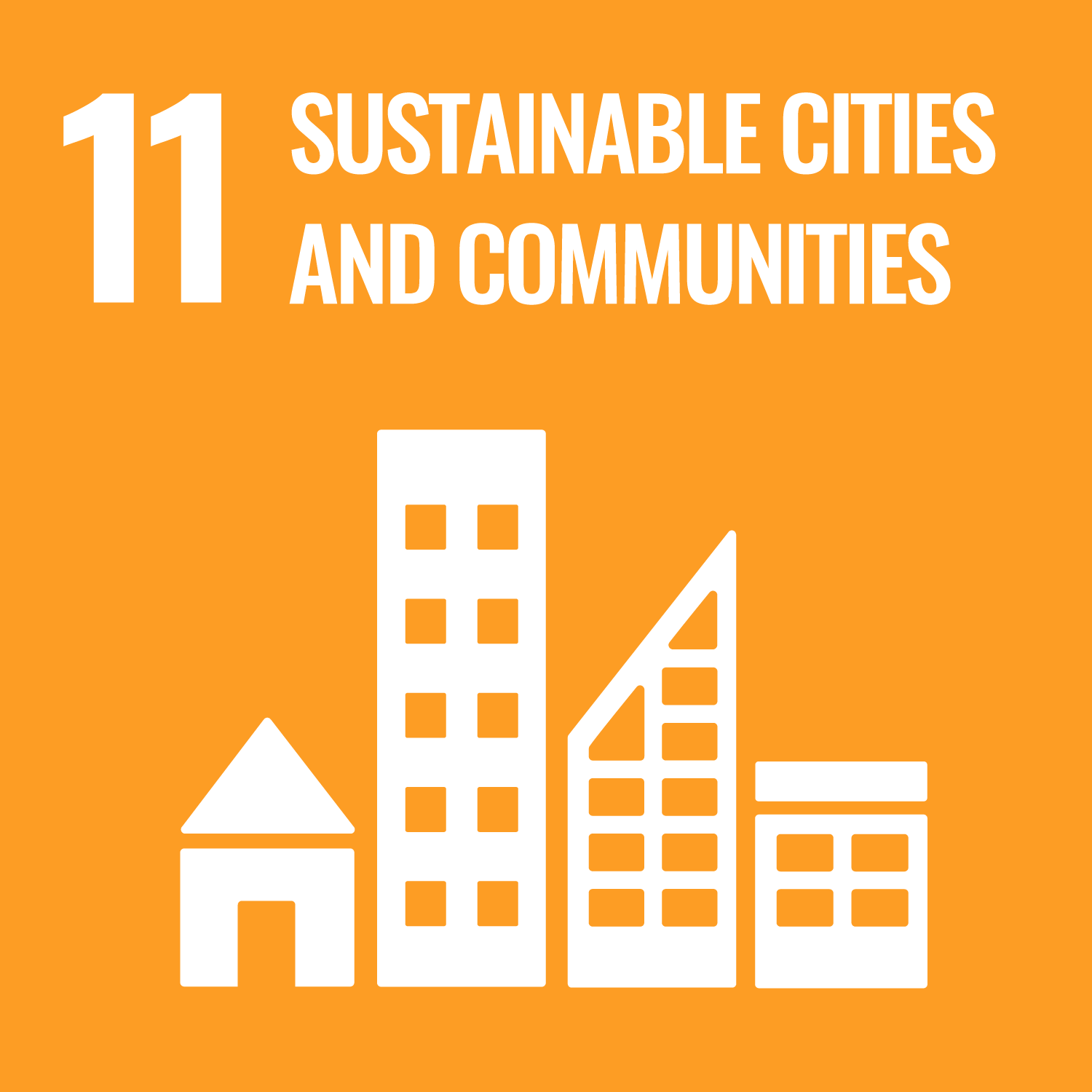United Nations Global Compact
- United Nations

The United Nations Global Compact (hereafter UNGC) was announced by then UN Secretary-General Kofi Annan in an address to the World Economic Forum in 1999, and was officially launched at UN Headquarters in New York City on 26 July 2000. It is an international framework under which business sectors and non-business organizations are expected to take responsible and creative leads for the society toward the sustainable development.
At present more than 13800 entities in 161 countries and regions have signed up for UNGC and conducting the Ten Principles in the areas of human rights, labor, the environment and anti-corruption, and striving after the SDGs.
Sophia University became a signatory member of UNGC in May 2015 and also affiliated with the Global Comact Network Japan (GCNJ), the local area network. Since then Sophia has been jointly hosting a series of symposiums with GCNJ during the UN Weeks in collaboration with the member companies and UN organizations.
Ten Principles of the United Nations Global Compact
| Human Rights | Principle 1: Businesses should support and respect the protection of internationally proclaimed human rights |
| Principle 2: make sure that they are not complicit in human rights abuses | |
| Labour | Principle 3: Businesses should uphold the freedom of association and the effective recognition of the right to collective bargaining |
| Principle 4: the elimination of all forms of forced and compulsory labour | |
| Principle 5: the effective abolition of child labour | |
| Principle 6: the elimination of discrimination in respect of employment and occupation | |
| Environment | Principle 7: Businesses should support a precautionary approach to environmental challenges |
| Principle 8: undertake initiatives to promote greater environmental responsibility | |
| Principle 9: encourage the development and diffusion of environmentally friendly technologies | |
| Anti-Corruption | Principle 10: Businesses should work against corruption in all its forms, including extortion and bribery |
- United Nations Global Compact https://www.unglobalcompact.org/
- Global Compact Network Japan (in Japanese) http://www.ungcjn.org/
- Sophia University COE (February 2022)
- Sophia University COE (February 2022) English version(571.82 KB)

